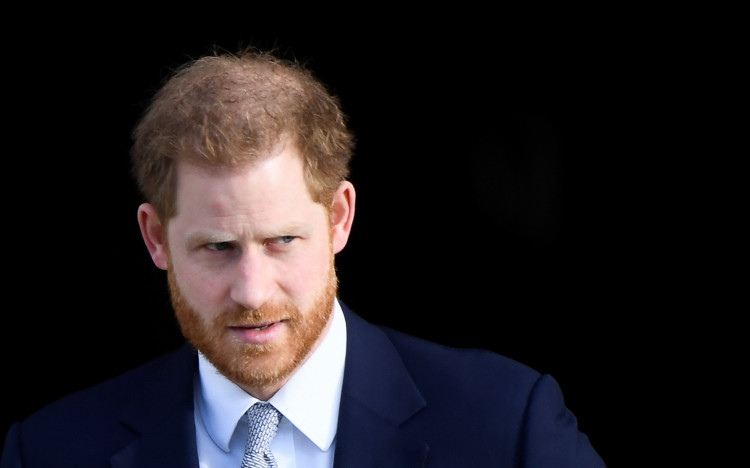Prince Harry, Duke of Sussex, has initiated a court case against the British government, challenging the decision to strip him of state-sponsored security protection. Represented by attorney Shaheed Fatima, Harry's case was presented at London's High Court, where he alleges "unlawful and unfair treatment" by the government.
The controversy stems from Harry's decision to step back from his royal duties and relocate to California with his wife, Meghan Markle, in 2020. This move led to the removal of his HRH status and several privileges, including his police escorts. The government's legal representative, James Eadie, contends that Harry was treated in a "bespoke" manner and would occasionally receive protection as necessary. However, Fatima argues that the royal has been unjustly singled out and should be entitled to state security due to the risks he faces.
The case highlights the tension between Harry's desire for privacy and safety and the government's stance on providing security to non-working members of the royal family. This issue has been particularly poignant for Harry, who has spoken about his fears for his family's safety and the trauma of his mother, Princess Diana's death, which he attributes to press intrusion.
In her defense, Fatima emphasized the significance of personal security as a fundamental right. She pointed out that Harry's position on receiving state security has been consistent, noting the heightened threats he faces. The government's lawyer, Eadie, however, argued that Harry's change in status as a non-working royal justifies the altered security arrangements.
This legal battle comes in the backdrop of previous incidents where Harry expressed concern for the safety of his family, especially his children. Meghan Markle, in an interview with Oprah Winfrey, had revealed discussions within the royal family about the security and titles for their son, Archie, bringing to light concerns about his safety and potential racial discrimination.
The case is being closely watched as it delves into the complex relationship between the royal family, government policies, and individual rights to security and privacy. Harry's decision to take legal action indicates his determination to address what he perceives as an injustice, raising questions about the treatment of royals who choose to step back from their official duties.
As the case proceeds, it brings to light the nuanced and often contentious issues surrounding royal privileges, security, and personal freedoms in the modern context. The outcome of this legal challenge could have significant implications for how the British government handles security for members of the royal family, particularly those who opt for a life away from traditional royal roles.






